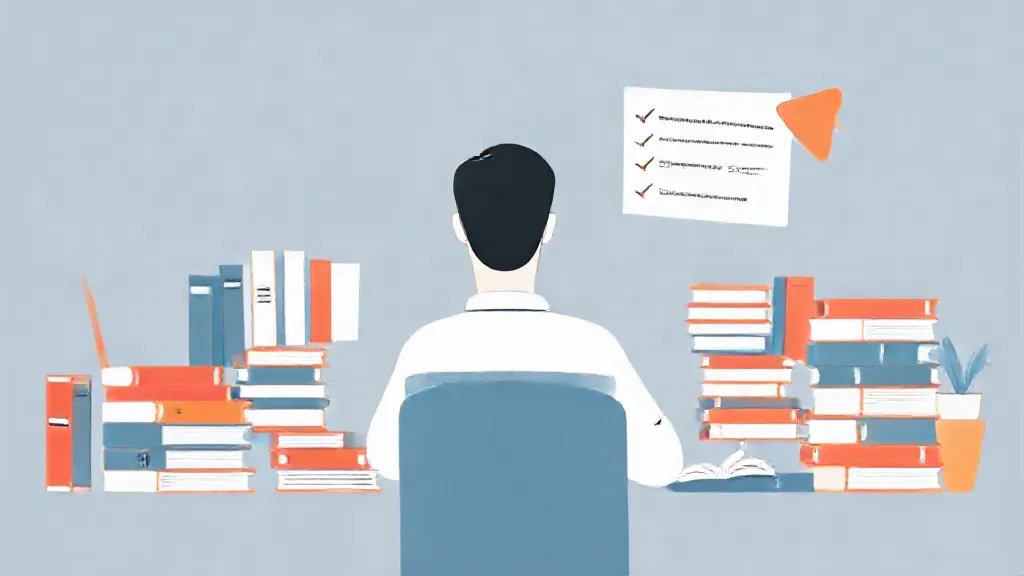In the world of writing, grammar errors can undermine the clarity and professionalism of your work. Whether you are a student, a professional, or a casual writer, understanding how to avoid these common mistakes is crucial. This article explores effective strategies to enhance your grammar skills and ensure your writing is polished and error-free.
Understanding Common Grammar Errors
The first step in avoiding grammar errors is to recognize the most frequent mistakes. These include subject-verb agreement, incorrect tense usage, misplaced modifiers, and punctuation errors. For instance, a common error is saying "The group are going to the park" instead of the correct form, "The group is going to the park.
" Familiarizing yourself with these errors is essential for improvement.
Utilizing Grammar Tools and Resources
In today's digital age, numerous grammar checking tools are available to assist writers. Programs like Grammarly and Hemingway Editor offer real-time feedback on grammar, punctuation, and style.
These tools can highlight errors and suggest corrections, making it easier for writers to learn from their mistakes. However, it is important to remember that these tools are not infallible and should be used as a supplement to your own knowledge.
Reading Widely to Improve Grammar
One of the best ways to develop a strong grasp of grammar is through extensive reading.
Exposure to well-written material allows you to internalize correct grammar usage and sentence structure. Reading various genres, from novels to academic articles, can broaden your understanding of language and improve your writing skills. Pay attention to how sentences are constructed and how punctuation is used in different contexts.
Practicing Writing Regularly
Like any skill, writing improves with practice. Set aside time each day or week to write, focusing on different styles and formats. This could include journaling, blogging, or even writing essays.
Regular practice helps solidify grammar rules in your mind and allows you to experiment with different sentence structures. Over time, you will become more confident in your writing abilities.
Seeking Feedback from Others
Feedback is a valuable tool for improving writing.
Sharing your work with peers, teachers, or writing groups can provide insights into your grammar usage. Constructive criticism can help identify patterns in your mistakes and highlight areas for improvement. Don't hesitate to ask for specific feedback on grammar; this targeted approach can lead to significant growth.
Studying Grammar Rules Actively
While tools and practice are essential, actively studying grammar rules is equally important. Consider investing in grammar workbooks or online courses that focus on grammar fundamentals. Engaging with the material through exercises and quizzes can reinforce your understanding.
Additionally, resources like the Purdue Online Writing Lab (OWL) offer comprehensive guides on various grammar topics.
Using Mnemonics and Memory Aids
Memorizing grammar rules can be challenging, but mnemonics and memory aids can make it easier. For example, to remember the difference between "affect" and "effect," you could use the phrase "Affect is an Action, Effect is an End result.
" Creating your own memory aids tailored to your common mistakes can help you recall the rules more effectively.
Embracing a Growth Mindset
Finally, adopting a growth mindset is crucial for overcoming grammar challenges. Understand that making mistakes is part of the learning process.
Instead of feeling discouraged by errors, view them as opportunities for growth. Celebrate your progress and remain committed to continuous improvement in your writing skills.
By implementing these strategies, writers can significantly reduce grammar errors and enhance the quality of their work.
Whether through diligent practice, seeking feedback, or utilizing digital tools, the path to error-free writing is achievable for everyone.
